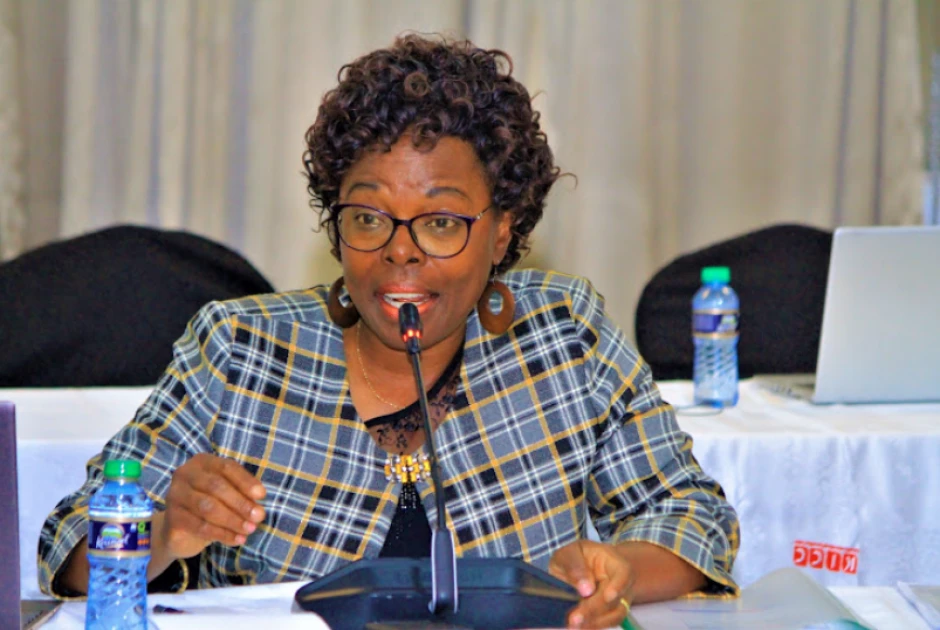The financial difficulties faced by county governments in Kenya, which have culminated in the crisis of pending bills, are largely a result of inflated revenue expectations, according to the Controller of Budget (CoB), Margaret Nyakang’o.
She urged governors to stop the practice of overestimating their own-source revenue, which has contributed to the accumulation of unpaid debts.
Addressing participants at the annual Institute of Certified Secretaries conference in Mombasa, Nyakang’o pointed out that governors often make financial decisions based on revenue projections that do not match actual collections.
This discrepancy leads to counties incurring debts they are unable to settle, thus creating a vicious cycle of unpaid bills.
"When you go to counties like Nairobi and Mombasa, where the overestimation is high, you’ll also find high pending bills there," Nyakang’o said, providing a clear example of how overestimated revenue has led to unsustainable financial practices.
She cited Nairobi’s case, where the county often projects to collect Sh20 billion but only manages to collect Sh12 billion, resulting in a shortfall of Sh8 billion and contributing to the pending bills.
Nyakang’o’s remarks also touched on the need for greater financial discipline within county governments. She expressed concerns about the overpricing of county projects, which further exacerbates the financial problems.
The CoB emphasized that the financial management of counties must be reformed to prevent the escalating crisis.
In response to these challenges, Ahmed Abdullahi, the chairman of the Council of Governors (CoG), defended the performance of county governments despite their financial constraints.
Abdullahi, who is also the governor of Wajir, pointed out that county governments only receive a small portion of the national budget, which limits their ability to meet the growing demands of their constituents.
"Since the advent of devolution, more doctors, nurses, and ECDE teachers are on payroll, and our people are receiving better services despite the limited resources," Abdullahi said, highlighting the positive impact of devolution.
However, he acknowledged that there is still a lot of work to be done to improve service delivery in counties.
Abdullahi also criticized the growing bureaucracy within the government, which he believes has contributed to the financial struggles of counties.
"The issue of financial burden is a problem of government bureaucracy not shrinking but getting even bigger," he said, pointing out that the more functions devolved to counties, the more complex the bureaucracy has become, further stretching county resources.
The CoG chairman also addressed the issue of the roads maintenance levy, which has been a point of contention between county governments and national lawmakers.
Abdullahi clarified that counties are not in conflict with MPs but are merely seeking their rightful share to maintain county roads. "All we want is our rightful share to maintain county roads," he explained.
Nyakang’o concluded her speech by emphasizing that the financial system needs reform.
She warned that the current cash-based system, which only recognizes expenditures once they are paid, is setting counties up for failure.
"We need to fix how the financial system and funds flow," she said, calling for better financial management and accountability at the county level.
In conclusion, while counties have made progress in improving service delivery, the mounting issue of pending bills highlights the need for better financial management, more realistic revenue projections, and a fairer distribution of resources.
The continued success of devolution depends on the ability of counties to address these financial challenges effectively.

